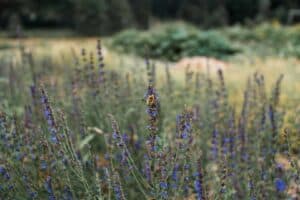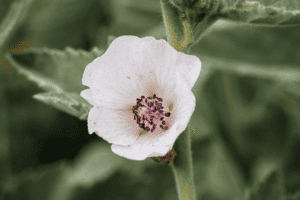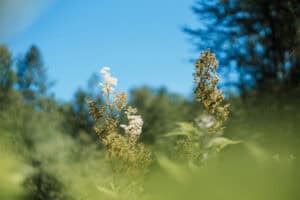Table of Contents
We’re going to look at the underlying physiology behind allergies, why they can come and go, and what you can do on a foundational level to not just treat allergies with herbs. I’m not going into how to treat allergies with herbs so much as some of the fundamental things that you need to do to address the root cause of those allergies.
Allergic Load
Generally speaking with allergy-type symptoms, I would agree that the gut is an important area to focus on. Herbalist Paul Bergner explained allergies in a way that made a lot of sense to me, which is basically that, in layman’s terms, the body has a certain tolerance of antigens, or things that the body comes into contact with that the immune system responds to. Let’s say, for example, that the body has 100 points, so to speak, of an allergic load that it can tolerate without generating symptoms. Maybe there are some cats that you have a little bit of an allergy to, and they take up, say, 70 points. Then you eat a food that your body doesn’t like that much. And that takes up another 29 points. So now you’re at 99. Then all of a sudden the grass pollen starts spitting out, and you walk outside and that pollen has 50 points of an allergic load. Well, that tips the scales, and now your body starts having an allergic response to that pollen.
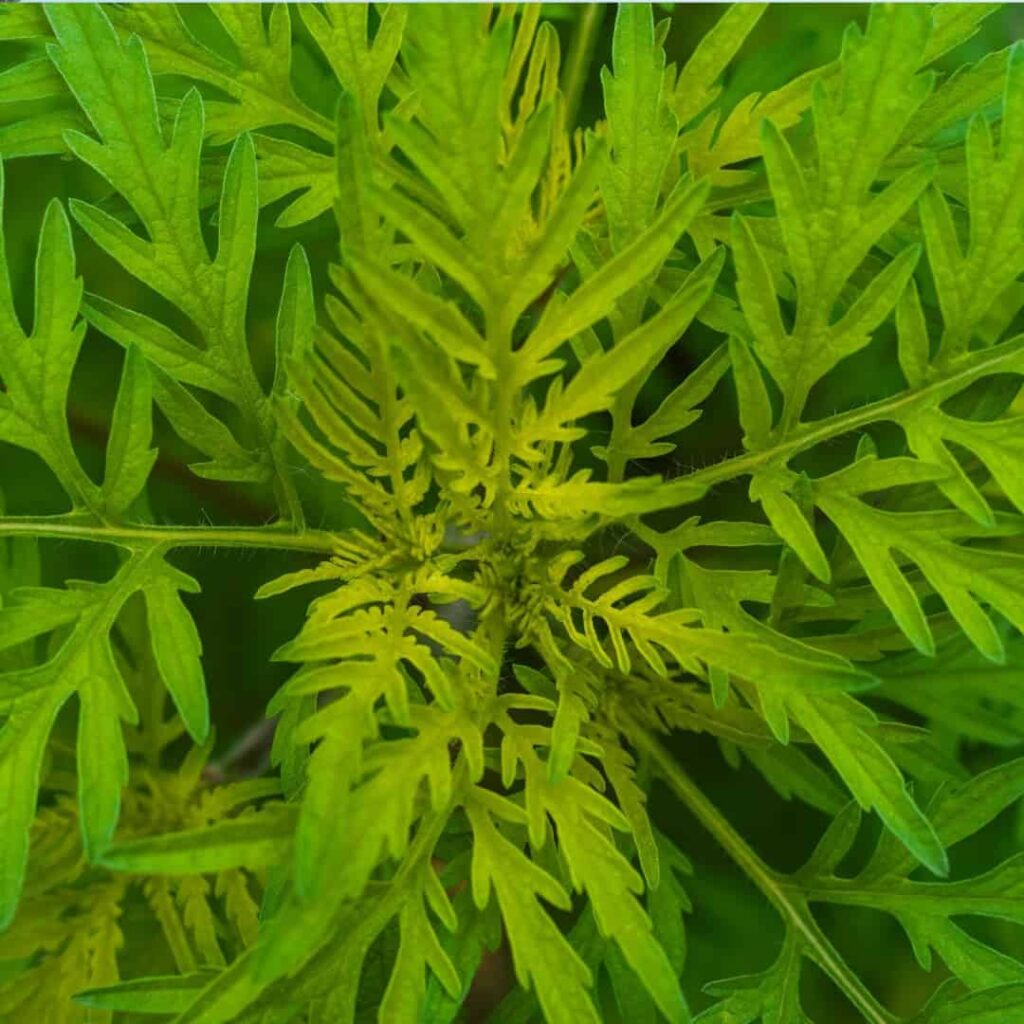
Oftentimes the approach to treating allergies is to look at different areas of life and try to reduce those potential allergen triggers. Most people aren’t going to get rid of their animals that live with them, but if you’re eating a food that you’re slightly intolerant to, that’s something that you can work with. Whatever you can do to reduce your overall allergic load is an important part of that process.
How Allergies Affect Your Body
A key thing in terms of allergies is that they trigger an immune response and an inflammatory response that in turn leads the adrenal glands to secrete cortisol, which is our body’s natural anti-inflammatory substance. Over time, if you’re constantly inflamed all the time, your adrenals are pumping out cortisol all the time, or maybe you’re stressed all the time, you can get to a point where your adrenal glands start to get a little bit fatigued, and you’re not able to produce enough cortisol to negate the effects of that inflammatory process.
This is why sometimes people think they “grow out of an allergy.” When they were a child, they had an allergy to certain things, and then maybe in their teenage years all of a sudden their allergies go away. They don’t have problems with it anymore. Oftentimes what they think is, “Oh, I outgrew that allergy.” But when they’re children, their endocrine system hasn’t fully developed. And then when they reach adolescence and the endocrine system starts to come into its full potency, there’s enough cortisol in there to negate the ill effects of that inflammation. It’s still there, but the body is able to keep it in check and they don’t display symptoms.
Then as time goes on, we’re consistently exposed to those allergens or those intolerant foods. Then stress levels go up. The adrenal glands start to get a little fatigued and a little deficient. We’re not able to manufacture as much cortisol as we used to. All of a sudden those allergies come back. It’s not like they ever actually went away. It’s just that the body was able to keep them in check. Then as we become a little bit more fatigued, the adrenals lose their potency. That decreased amount of cortisol leads to symptomatic expression of those allergies.
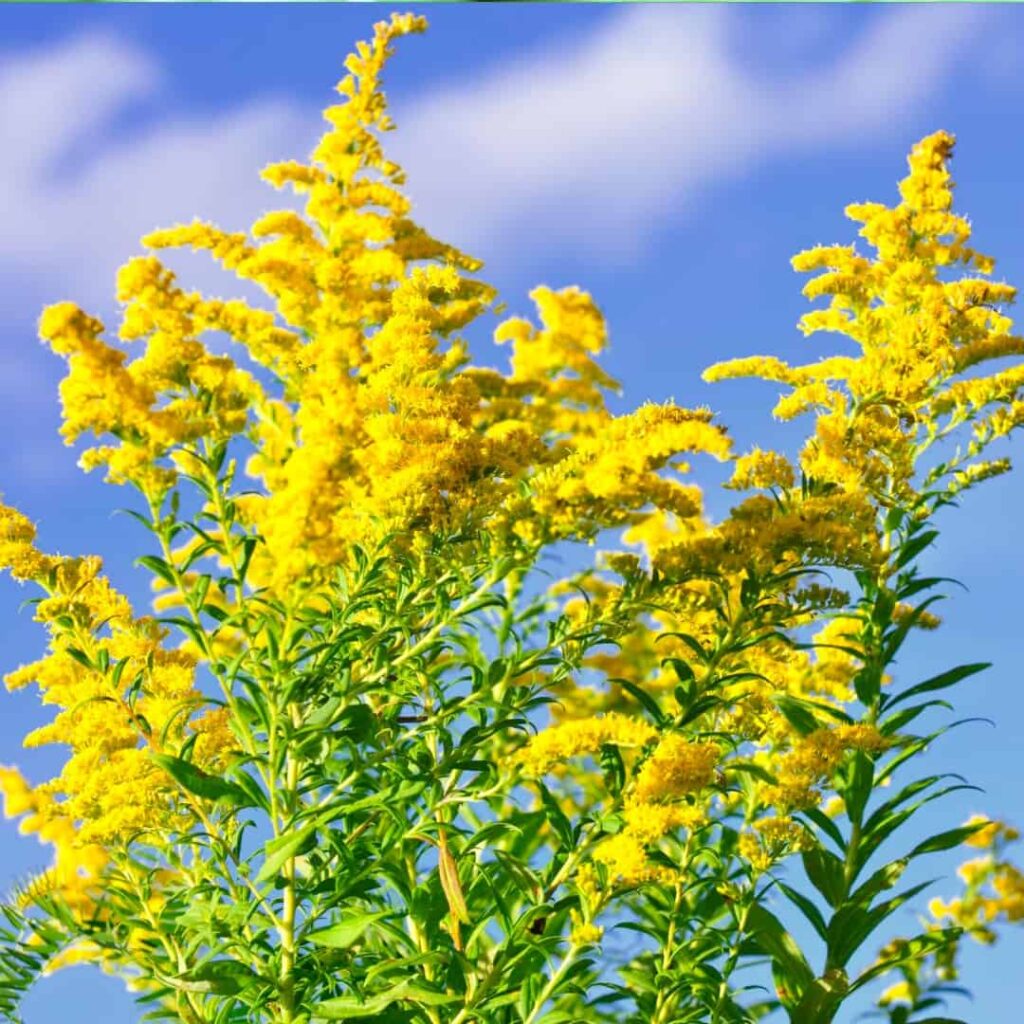
This is an important way of understanding this dynamic of allergies and why sometimes we have them when we’re kids, and then they go away, and then they come back, as well as this dynamic of allergic load and taking stock of your life as a whole and what types of things might be piling up that allergic load to the point where those pollens tip the scales and lead to a symptomatic expression.
Ways to Treat Allergies
My encouragement is to look at foods especially. Screening for food intolerances is key. It’s great when your medical herbalist addresses your gut health. Working with herbs to restore any possible leaky gut and restoring the microbiome is important with probiotics and fermented foods. It’s amazing how many people develop allergies or start expressing allergies after they’ve been hit with antibiotics. It’s an alarming thing to be aware of. Restoring gut health is important, as well as eliminating potential intolerant foods.
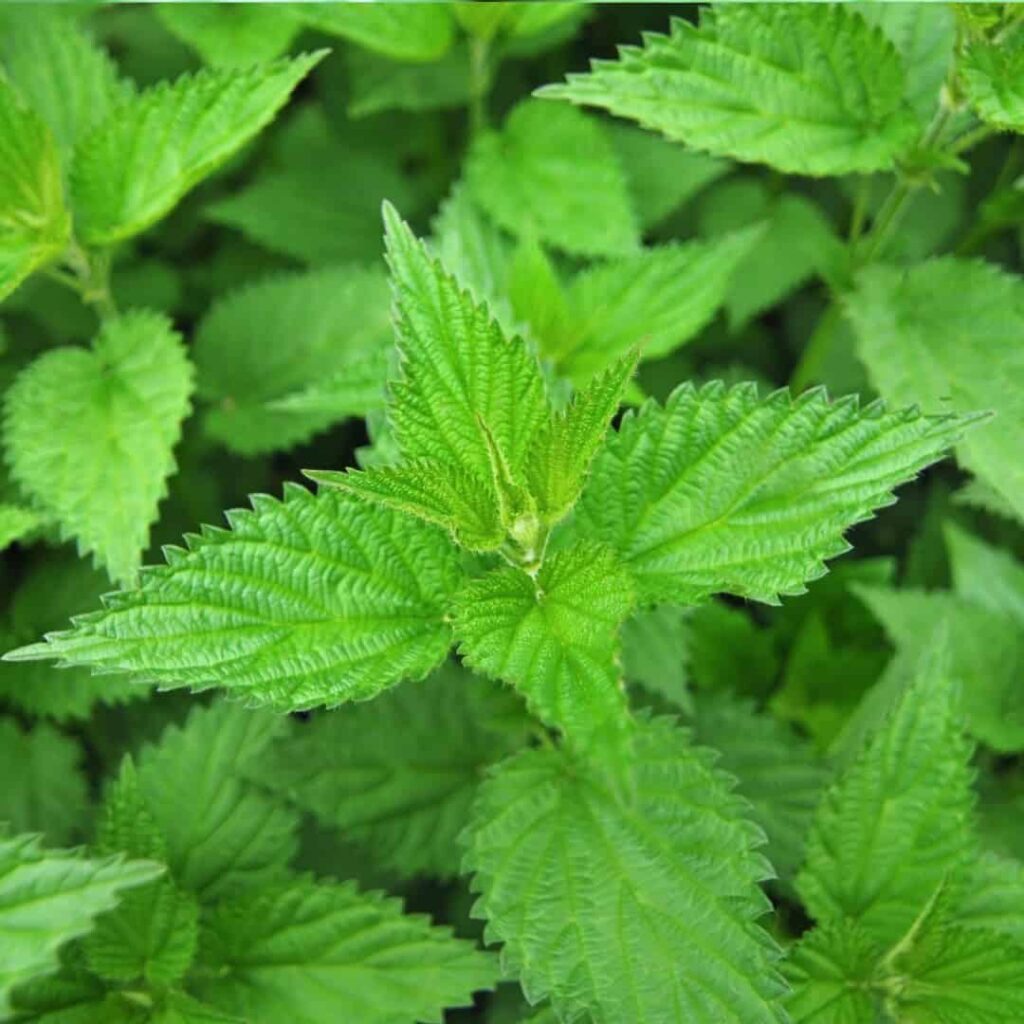
Nettles is a common herb used for Allergies. The way that nettles typically work for helping is through decreasing inflammation in the upper respiratory system. Nettles are excellent for clearing histamine out of the body. Histamine is the compound that triggers an allergic reaction. When an allergen enters the body, that triggers the immune system to secrete histamine, and histamine leads to a lot of physiological effects, including local inflammation, dynamics with circulation present, fluid accumulation, swelling, and so on. Nettles oftentimes (1) clears histamine, (2) decreases inflammation, and (3) it’s a diuretic, so it’s helping to drain fluids through increasing urine output and especially in the upper respiratory area. That’s why nettles are great for puffy, swollen sinuses, watery eyes, postnasal drip. It drains those fluids as a diuretic, but it’s also an astringent. So it also helps to tighten and tone the mucosal membrane in the upper respiratory system to prevent things like postnasal drip or thin, clear, watery secretions from the nose and sinuses. Nettles are typically seen as supporting the seasonal allergies—the pollens and things like that.
Some of those things that I mentioned earlier are the most important things to focus on to get to the root of the problem and to reduce that overall allergic load. You might also consider working with some adaptogens if there is some adrenal exhaustion. Short-term, something to help replenish and rejuvenate the adrenal glands can be helpful, or potentially working with the liver to clear cortisol, because cortisol is a complex hormone that requires a lot of work for the liver to properly break down and metabolize. Doing work with the liver can be a potential option. Sometimes people are just sensitive to certain pollens, and maybe there isn’t any way around it. So for that period of time, you’ve got your herbs that you work with that help you navigate that season. Nettles is used here a lot. Eyebright is also an excellent remedy that oftentimes people use for those upper respiratory symptoms. Another remedy is goldenrod or Solidago canadensis that is, like nettles, a diuretic that can be great for that upper respiratory mucosa.
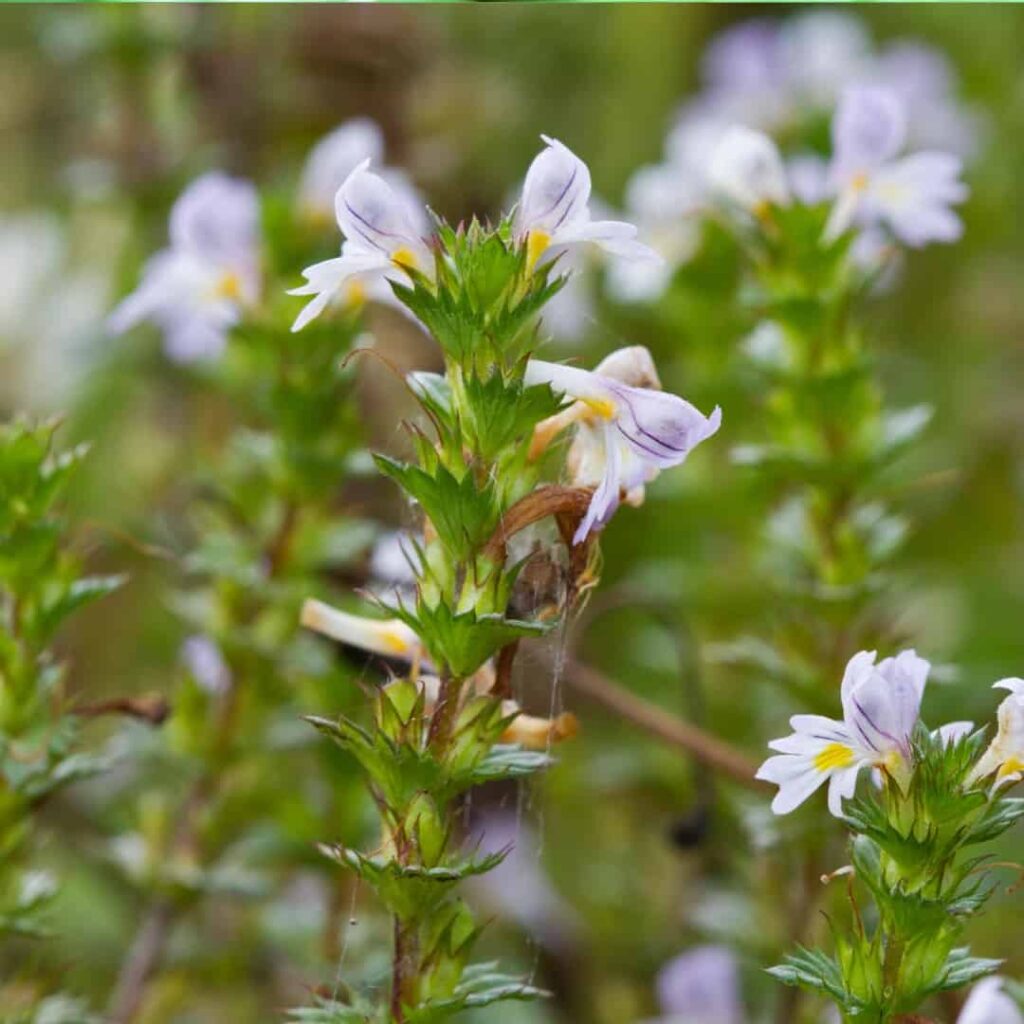
If you have some herbs that you can work with to help you navigate through seasonal allergies, I love to hear what’s working for you! Please post your comments below and I hope that these recommendations help you navigate through what can be a really uncomfortable time of year, so you can actually just enjoy summer to it’s fullest!


